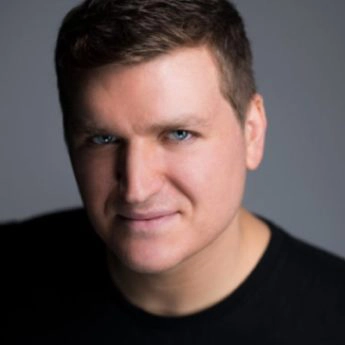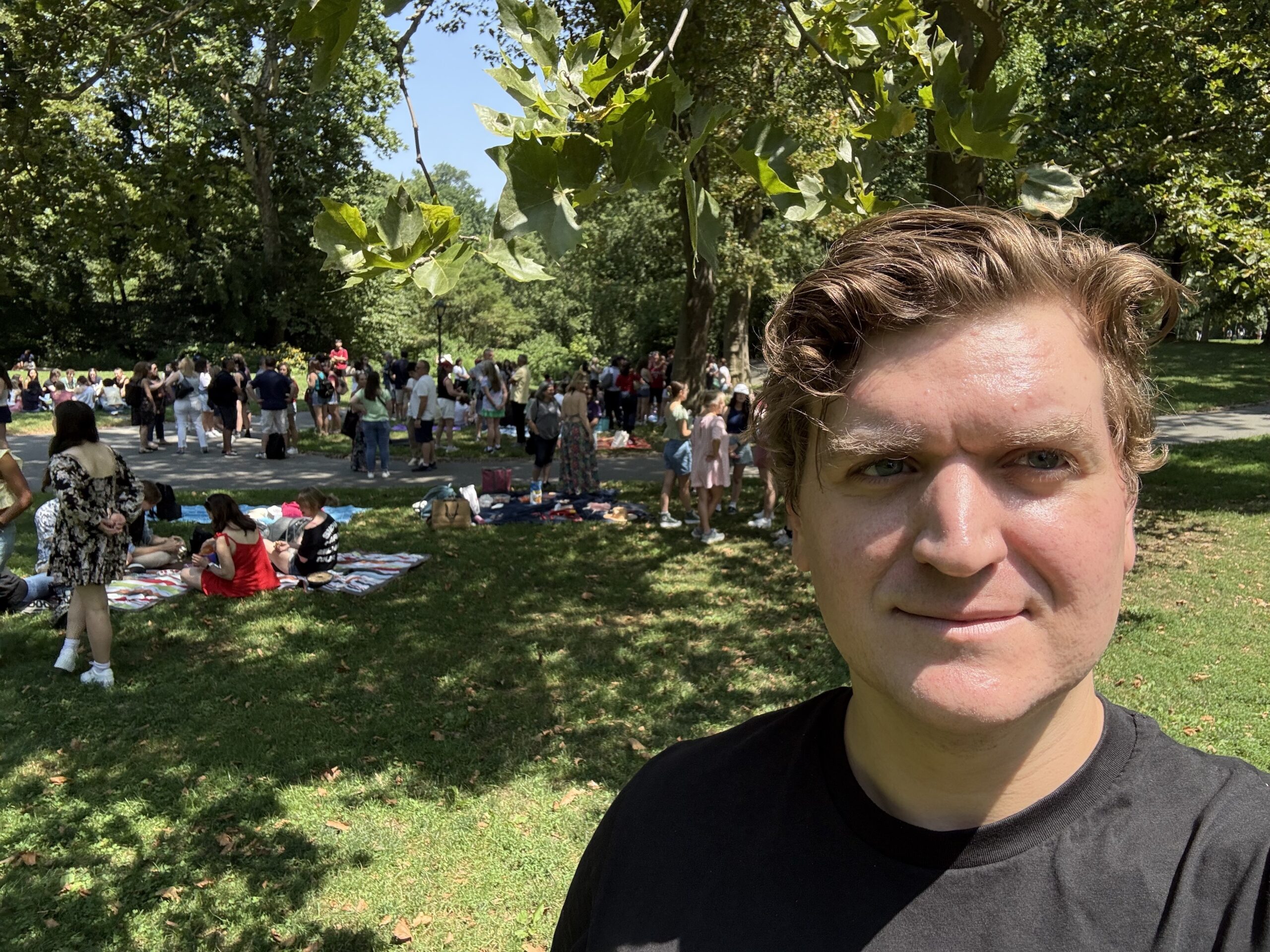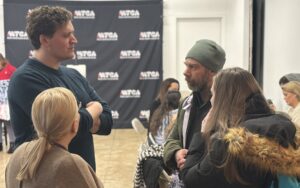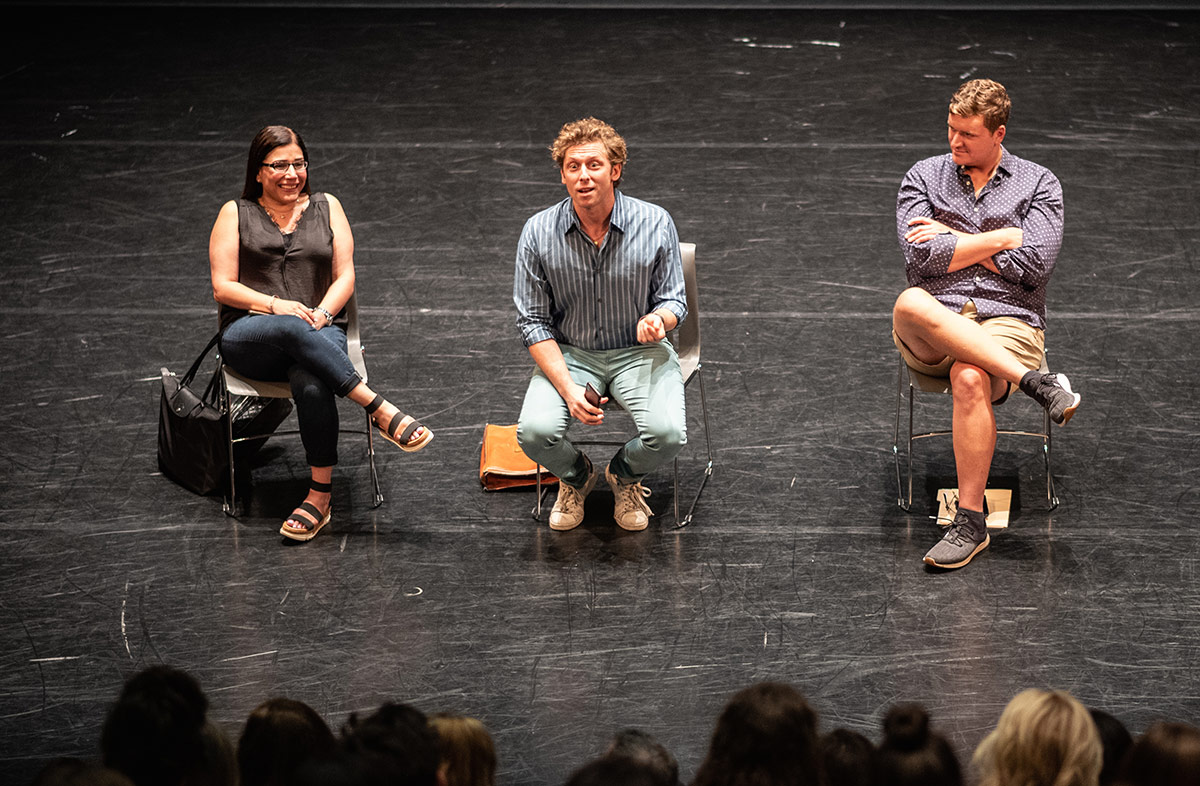As I sit here in August to write this, with my todo list overflowing, I’m experiencing a sensation that I imagine many of you are feeling as you read this: overwhelmed.
How often in life do we feel this? Especially as parents (as my girl turns 4 next week!), where you are managing not only your own life but another person’s as well. I certainly feel that as an MTCA Director – it’s not just my job to manage my own tasks, but to oversee the function of every coach and admin staff member on our team! And that doesn’t just mean are they getting their tasks done, but how is everyone feeling? That kind of oversight can be exhausting, and can easily lead to burnout.
And after over 20 years of helping families with this complicated process, which has only gotten more complex over the years, I have seen a lot of burned out, anxious families. You look at everything you have to do, and it’s just simply too much to take in! There are so many schools to research, and then prescreens to prepare, and is my spreadsheet up-to-date with all of the latest information? And did I write all of those supplemental Essays? And then oh no, I need updated headshots, and did I ask my teacher for that letter of recommendation, or was my Mom going to do that? What about my transcripts? And that’s before we even get to some of the most important things like the artistic work itself! Do I have the perfect material selected and is my wildcard “wild” enough? Do I have all of my cuts and my shotlist for the prescreens and the right outfit picked out? And all of that is just a quick SLICE of what this process can feel like.
You can really drive yourself crazy staring into the abyss of everything there is to do over this whole process, and it can really paralyze you. In comes your old friend Procrastination. In walks our nemesis Anxiety. And now we’re off to the races with more unproductive thoughts and all of the ways we can spin our wheels without moving forward.
And here’s the bad news: that devil whispering on your shoulder is right. You CAN’T get all of that done in one swoop. Not in one evening, or even a long weekend. It is a lot of individual things to do, some of which take a significant duration of time, and just can’t be done well in a rush. That’s why I would always be suspicious of programs or services who say “we’ll help you select everything you need for your prescreens and they’ll be filmed in one week”. They will? How? That certainly sounds enticing, but I don’t see how that can happen in a productive and individualized artistic way.
But here’s the good news: you CAN absolutely manage this process and get everything done in a thorough and complete way. And I mean ALL of you reading this. Whether you are starting your Freshman/Sophomore year and looking at a long horizon or you’re reading this in the Fall of your Senior Year. You CAN do this! And if you’re thinking to yourself, “well, not me, surely I’M too late!” – NO, I’m talking to YOU as well! Often I find when families start later in the process they spend so much time worrying about what they should have done earlier, and how behind they are, that they neglect to move forward productively when there IS still time to achieve a thorough process if you are smart and strategic.
So here’s my big tip, and it comes in the form of an Arthur Ashe quote which is one of my favorite quotes that I have personally found helpful in my life:
“Start where you are. Use what you have. Do what you can.”
I think this is one of the keys to what the kids call “adulting” (do the kids still call it that?). It’s such an important life skill to have. It encourages you to chunk up any given problem, and approach it in the present with the realistic resources at your disposal. Let’s break it down a bit.
Start where you are:
Don’t worry about what could have been if you started a year ago, or freak out about what is going to happen a few months from now because you feel “late”. Be in the present. Give yourself a frank assessment of what you have done, and what you have to do. See if you can see the whole playing field, see the whole process of what is to come, but not be daunted by it. At this stage you don’t need to worry about achieving anything, you’re just seeing yourself, where you are, and what’s in front of you. Sometimes it’s helpful to remove yourself from the equation – if you looked at it like a character or a friend who was going through this process and had done X and had Y to go, you might be able to see it more dis passionately. Try to remove the emotion and anxiety and give yourself an honest assessment of this moment right now. The great thing about this trick if you can do it at the beginning of the process, but you also can do it again every few months as you track your progress. If it’s helpful, check out this previous blog on the different stages of the process.
Use what you have:
What resources are at your disposal? If you’re able to work with a team like MTCA I genuinely believe it can be a game-changer for you in your process, to have expertise in all different aspects of the process, especially to supplement areas you may be farther behind in. But of course, you have to be frank about what is realistic in your budget. This process is expensive even before you get to coaching, and you might not have the resources to use MTCA across the board, or even at all. Okay, that doesn’t mean you can’t be successful in the process! What resources DO you have? Are there cheap resources available to you locally that can help you? Everybody likely has access to a local library and the ability to get plays cheaply, and the internet is a magical place of a lot of free information. You may have to do some wading through some stuff that is less expert than others, but you can do it! And don’t just think artistically in this phase – look at your family as a whole and try to make a gameplan of where your TIME and MONEY are best spent. There are certain aspects of this process that a student has to handle (Artistic choices, Essays, etc..) but a lot of aspects can be broken up between family members. Is Dad really good at spreadsheet to help organize all of the requirements? Does Mom love school list research and wants to listen to episode after episode of the world’s best podcast to be a first-wave researcher? Who is going to do the scheduling? Who is booking flights and hotels? You can save yourself a lot of stress by making sure the family is clear with who is doing what, and trying to break down the resources of who does them with the people who have those skillsets.
Do what you can:
To me, this is probably the most important part of this advice, and the real reason for this blog post. This idea is also present in the old truism “a little bit of something is better than a whole lot of nothing”. Or if you want a different one for my perfectionist out there, “don’t let the perfect be the enemy of the good”. Once you synthesize this advice into your being, it is a Talisman that will help you in so many areas. Break what you have to do into ACHIEVABLE chunks, and then just get that little chunk done. If this is something you really struggle with, you can start by doing almost ridiculously small morsels. Put it in the todo list, set aside the time in your calendar, and then get it done. It could be writing one paragraph of one essay. It could be memorizing a few lines of your monologue really well. You can start really small, set aside the time for it, turn off your phone, and get it done. And then the feeling of checking OFF the item is now releasing those positive endorphins, combating some of that Anxiety. And then you go from there. In lots of small chunks you’ll notice that the giant list starts getting smaller and smaller. And as you get more confident you can even begin to grow those chunks a bit more (“Work on my monologue for one whole hour, without looking at my phone”). And there will still be lots to do – that part won’t go away, but you will see tangible progress toward your goals. And I’ll say this idea of “do what you can” also doubles as great advice when we get later in the process. There’s so much that is outside of your control, that as those factors start creeping in (Prescreen rejections, bad weather, illness, injury, etc…) you can always go back to what you CAN control. Do what you can, focus on your job, and you’ll be right in the pocket of what these schools want to see – an artist in progress, wrestling with their artistic growth in an authentic and honest way.
I think this advice is helpful to this process, and to really so many aspects of life. This process is an Elephant. It’s enormous. But how do you eat an Elephant? One chunk at a time. And first you need to see the whole Elephant, figure out what tools you have to chunk it up, and then start with chunks that you can consume. I’m sure there’s a less gross version of the metaphor, too, but there you have it. Now go forth and conquer your process!

Charlie is a native Pittsburgher and a proud graduate of Carnegie Mellon University, where he studied Acting. As an actor, Charlie has performed for the NY Public Theatre’s “Shakespeare in the Park” (All’s Well That Ends Well, Measure for Measure), the Pearl Theatre Company (Richard II), the Hudson Valley Shakespeare Festival (King Lear, The Three Musketeers, Romeo and Juliet, Love’s Labour’s Lost), The Shakespeare Theatre of DC (Richard II, Henry V, As You Like It, Mrs. Warren’s Profession), Middlebury Actor’s Workshop (Cat on a Hot Tin Roof), The Arts Center of Coastal Carolina (The Unexpected Guest), and the Chautauqua Theatre Company (Much Ado About Nothing, Vaidehi, Ah, Wilderness!). Along with MTCA coaches Ryan Quinn and Katie Hartke, Charlie co-founded and is the Managing Director of Esperance Theater Company — a company that produces classical-based work here in NYC. With Esperance, Charlie has performed in 12th Night, Macbeth, Romeo and Juliet, and Breitwisch Farm. As a teacher, Charlie has been working with MTCA for over 17 years, where he is now a Director of the company along with Leo Ash Evens. Charlie also teaches Acting and College Audition Prep for the Performing Arts Project (TPAP), where he is on faculty each summer. He has also taught for Texas State University, the City University of New York, and the Hudson Valley Shakespeare Festival. As a Teacher and Director, he is able to do two of his favorite things in life: help students to find their authentic selves as artists, and help them find their best fit for their collegiate journey. Charlie also hosts the “Mapping The College Audition” podcast, where he continues that work, and helps demystify this daunting audition process. Charlie is also the proud father to a precocious toddler, partner to an amazing Tony-nominated + Grammy-winning Actress, and a humble Broadway Softball League champion.




